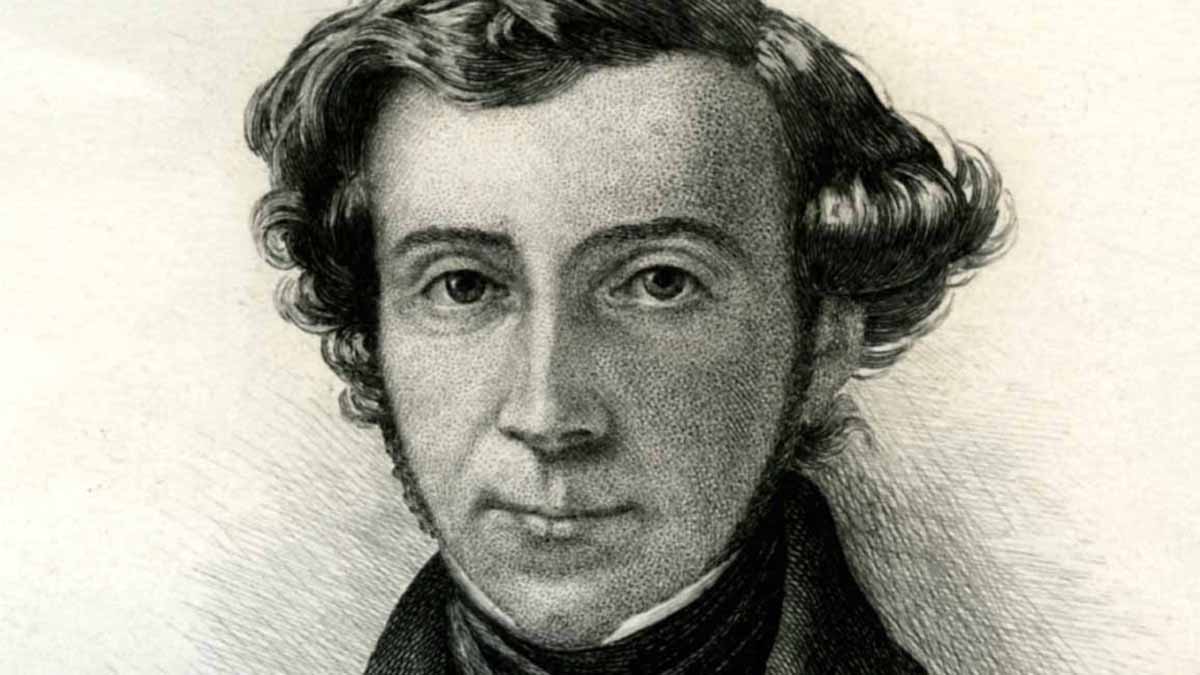
At a time when some universities are doing away with their history departments, administrators, students, and society at large demand that historians provide a defense of their discipline.
Here’s mine.
What is the value of history? This is a question that poorly-educated and ill-informed individuals increasingly ask. In today’s academic climate does history have any real relevance?
In a down-sized, stressed-out, bottom-line world, it is a question that requires an answer. The study of history is of tremendous importance to every living person. It is more than a collection of meaningless dates on a calendar and dusty artifacts in cases. The study of the past offers enormous value and serves purposes both theoretical and practical.
Because of their widespread ignorance of national and world history, Americans need more historical museums, libraries, and archives today than ever before. Yet, if institutions of higher learning do not train the professionals that staff such facilities, who will?
Since the time of Herodotus, a thorough knowledge of the past has been the hallmark of an educated person. The discipline is a central feature of the Western cultural tradition. As Sir Francis Bacon asserted, “Histories make men wise; poets witty; the mathematics subtile; natural philosophy, deep; moral, grave; logic and rhetoric, able to contend.” Sir Francis also managed to list—almost by accident— the ingredients of a liberal education. Why in the name of all that is Holy, would any university worthy of the name wish to graduate people who are not wise? Far too many leaders and scholars have extoled the value of history for one to list them all here. There is no need; one will suffice. That peripatetic Frenchman Alexis de Tocqueville perhaps said it best:
“When the past no longer illuminates the future, the spirit walks in darkness.”
When historians document the past, interpret the past, and preserve the past they do nothing less than nurture the human spirit.
